History of Pertouli
History of Pertouli
read about the history of the village
Records of the founding of the village of Pertouli are lost in the sands of time. The earliest reference to the name, “Pertouli”, dates from the 10th century, from the 221/ 8th codex of the Varlaam Monastery, one of the oldest monasteries of Meteora, but it is certain that it was inhabited much earlier. It is said that in 1720, a plague epidemic broke out and the village became deserted, but was re-inhabited by Triantaphyllos Hatzi Berta, to whom the village owes its name (Bertouli = the village of Berta). The name Pertouli is also found in a register in the archives of the Monastery of Great Meteoron in two reports about the inhabitants of Aspropotamos—reports made to the Pasha of Trikala, and dated 1741 and 1841.
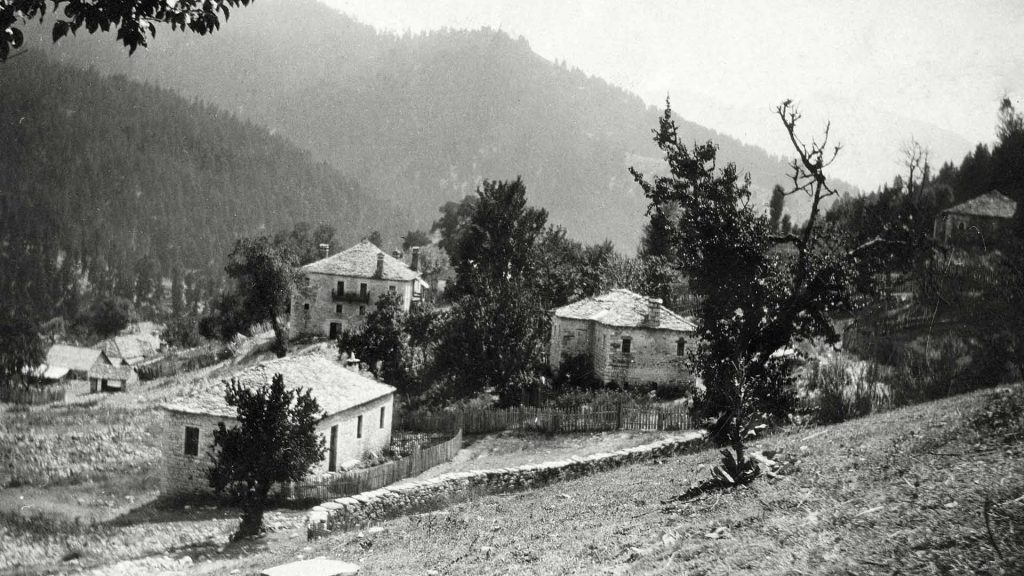
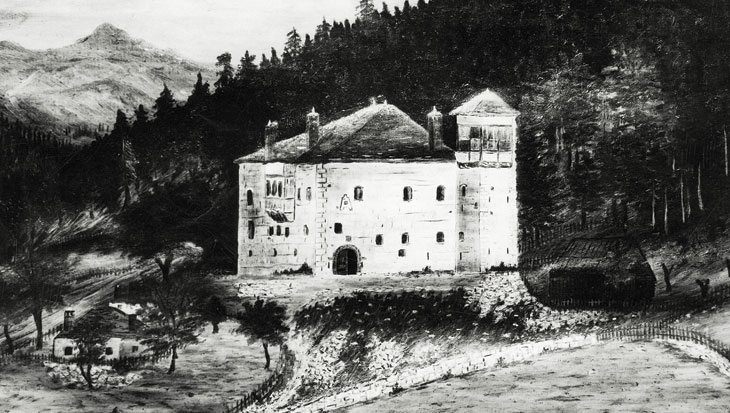
The population of the village experienced great fluctuations, either due to population transfer to and from other areas, mostly during the Ottoman occupation, or due to raids and epidemics. During the times of Ali Pasha, many population transfers took place from Epirus to Pertouli, when Pertouli was an influential center in the wider region and was experiencing considerable economic growth, due to livestock farming, production of woolen goods, the exploitation of the forests, as well as to handicraft industries including gold, silver, textile processing and wood-working. Large houses, beautiful mansions, churches and bridges were built. It was the most prominent village of the area, and enjoyed a high standard of living and a busy social and cultural life. Its fame attracted the attention of Ali Pasha, who imposed heavy taxes. After his death, the village was completely destroyed by Albanian-Ottoman soldiers, in 1823. The inhabitants found shelter in the mountains and lived in huts for 18 years, up until 1841, when the village was rebuilt. It was then that the Tower of Chatzigaki, grandson of Chatzi Berta, was built.
From 1900 onwards, European-style shops opened alongside the traditional village shops. Dance parties were held, and French pastries and fruit jellies were made by French confectioners at the pastry shop, “Panellinion”. The automobile made its appearance relatively early in relation to other villages, around 1934. The economic boom of the area attracted bandits, and in 1919, the kidnapping of Senator Sotiris Chatzigakis by the bandit, Giagias, alarmed the public and the event occupied the Parliament for many days.
During the German occupation of Greece in WWII, Pertouli hosted the Joint General Guerrilla headquarters as well as the British Mission. In 1943 Nazi troops destroyed the village completely, and in 1947, the inhabitants were expelled and the village deserted. The inhabitants were, however, repatriated in 1950, and since then, the village has experienced a rebirth. Over time, building activity, development of tourism and village social life became more active and refined.
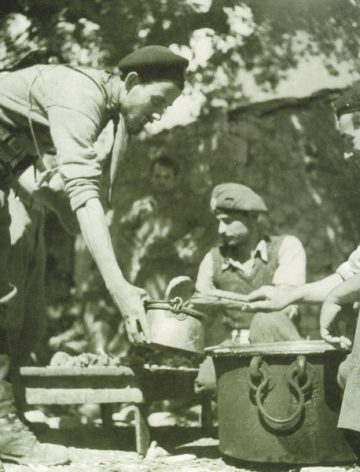
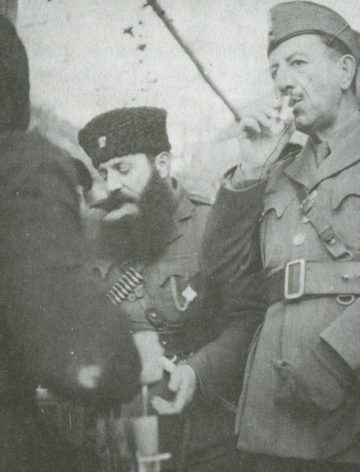
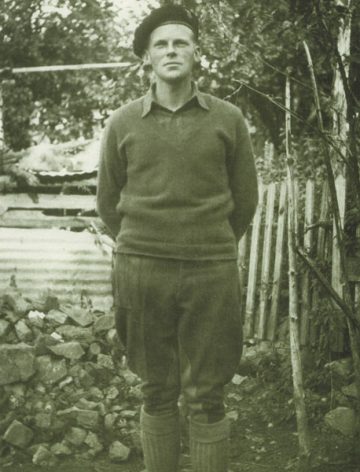
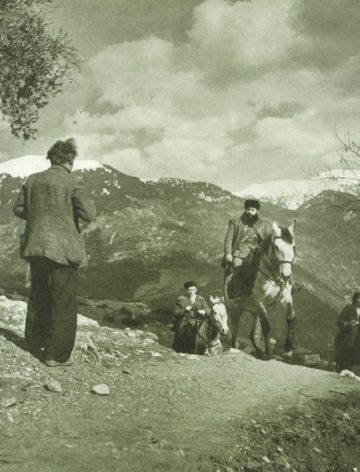
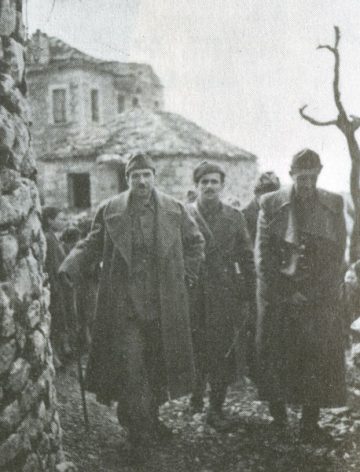
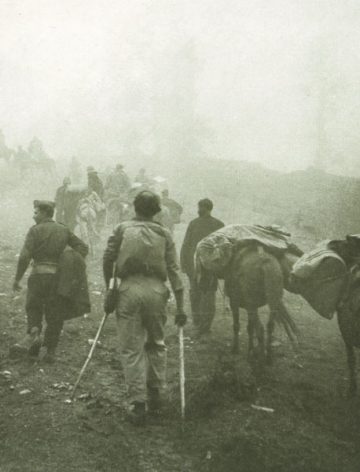
subscribe to our newsletter
to receive exclusive offers and news from Chatzigaki Manor









